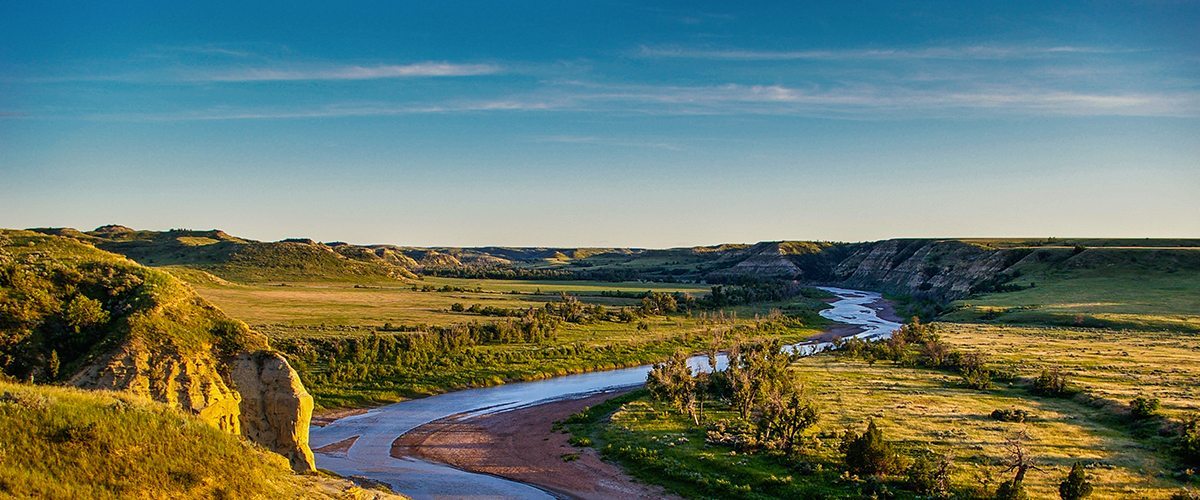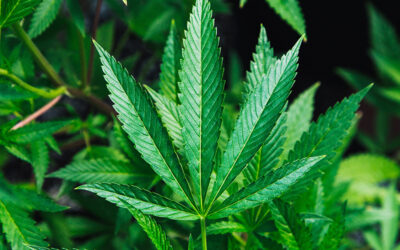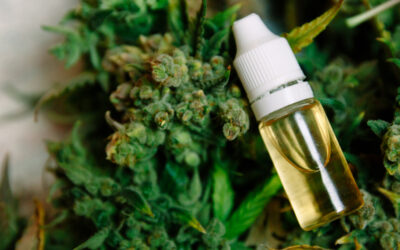Updated January 2020
North Dakota voters recently approved a measure to legalize medical marijuana throughout the state. Marijuana use for personal reasons continues to be illegal in North Dakota, and the state is among the least forgiving states when it comes to marijuana possession. Learn more about North Dakota marijuana laws.
Recreational Marijuana in North Dakota
Is marijuana legal in North Dakota? No. In fact, North Dakota has little leniency for recreational marijuana users. Possession of up to 1 ounce of marijuana is a misdemeanor, punishable by up to 30 days of jail time and a $1,500 fine. Possession of more than 1 ounce to 500 grams is a felony, with the possibility of incarceration for up to 5 years and fines of $10,000. Possession of more than 500 grams is a felony, punishable by 10 years in jail and a maximum fine of $20,000.
North Dakota marijuana law does have a conditional release provision in place, which allows those facing their first conviction to have their criminal record expunged after probation.
Medical Marijuana in North Dakota
After failing to pass a medical marijuana initiative in 2012, North Dakota voters approved Measure 5 with 63.7 percent support in November 2016 to permit the medical use of marijuana for defined conditions. Under the law, with a recommendation from a licensed physician, patients can legally possess up to 3 ounces of marijuana for medical purposes.
The law allows for cannabis patches, tinctures, topicals, and capsules. Whole plant marijuana flower is permitted provided a doctor certifies a patient to use that form of cannabis. Edibles and concentrates are not permitted.
Sales of medical marijuana are were slated to begin spring 2018, but the law written by the Legislature made it difficult for the program to really get off the ground. In April 2019, Gov. Doug Burgum signed into law a series of bills that increased the number of qualifying conditions, made it easier for doctors to certify patients for medical cannabis, allowed physician assistant to also certify patients, and upped the amount a manufacturing facility can grow to more than 1,000 plants.
The law allows patients to grow marijuana for medicinal purposes if they’re located more than forty miles from the nearest dispensary.
Medical marijuana can be recommended for the following conditions:
- Alzheimer’s Disease and other Dementia
- Amyotrophic Lateral Sclerosis (ALS)
- Anorexia Nervosa
- Anxiety Disorder
- Autism Spectrum Disorder
- Bulimia Nervosa
- Brain Injury
- Cancer
- Crohn’s Disease
- Ehlers-Danlos Syndrome
- Endometriosis
- Epilepsy
- Fibromyalgia
- Glaucoma
- HIV/AIDS
- Hepatitis C
- Interstitial Cystitis
- Migraine
- Neuropathy
- Post-traumatic Stress Disorder (PTSD)
- Rheumatoid Arthritis
- Spinal Stenosis or Chronic Pain related to Neuropathy or Damage to the Spinal Cord
- Terminal Illness
- Tourette Syndrome
- Conditions that cause Cachexia or Wasting Syndrome, Intractable Nausea, Severe Pain and Seizures
Patients may petition the North Dakota Department of Health to add to the list of qualifying medical conditions.
CBD Hemp Oil in North Dakota
Hemp-derived CBD products are legal under Federal Law in the United States; however, individual state laws are dynamic and fluid. Individual states may enact their own laws governing hemp-derived CBD.
Cultivation of Cannabis in North Dakota
Cultivating cannabis for personal reasons remains illegal, but registered medical marijuana patients that live more than 40 miles away from a dispensary can cultivate marijuana for medicinal purposes only.
North Dakota also has in place a pilot program that allows licensed growers to cultivate the plant for research. The state did pass a law in 1999 to allow approved individuals to grow industrial hemp in the state for commercial purposes prior to hemp becoming legal at the federal level. However, the North Dakota Department of Agriclture had its state hemp plan rejected by the U.S. Department of Agriculture in December 2019, which means the state will have to continue to operate under the pilot program in the 2020 growing season as the agency works with the USDA to develop a workable program.
Legal Status of Other U.S. States
Stay up to date on the latest state legislation, referendums, and public opinion polls. Our Marijuana Legalization Map allows you to browse the current status of medical and recreational marijuana laws in other U.S. states and territories.
Sources
- http://norml.org/legal/item/north-dakota-hemp-law
- https://www.mpp.org/states/north-dakota/
- http://medicalmarijuana.procon.org/view.resource.php?resourceID=000881
- http://norml.org/laws/item/north-dakota-penalties-2
- https://ballotpedia.org/North_Dakota_Medical_Marijuana_Legalization,_Initiated_Statutory_Measure_5_(2016)
DISCLAIMER: The information contained in this website is for general information purposes only; it does not constitute legal advice. Although we endeavor to keep the information up to date and correct, we make no representations or warranties of any kind, express or implied, about the completeness, accuracy, reliability, suitability or availability with respect to the website or the information, products, services, or related graphics contained on the website for any purpose. Therefore, any reliance you place on such information is strictly at your own risk.






